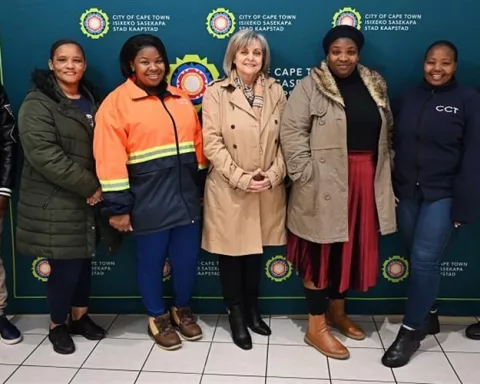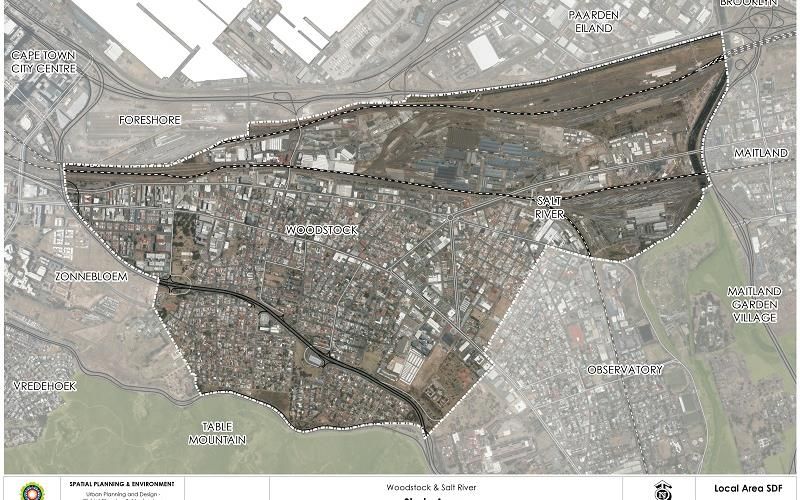The Informal and Micro Enterprise Development Programme (IMEDP) is an initiative designed to provide support to small businesses operating in rural and township areas of South Africa. The program focuses on designated groups such as women, youth, and people with disabilities, offering them developmental support to improve their competitiveness and sustainability.
In line with the government’s commitment to creating an inclusive economy, Deputy Minister for Small Business Development, Ms. Dipuo Peters, will lead the department’s delegation to hand over machinery and equipment to informal business owners in the Phokwane Local Municipality, Northern Cape. The event is scheduled for Friday, 12 May 2023, at the Revival Family Church in Pampierstad.
Empowering Marginalized Groups
Deputy Minister Peters emphasized the importance of empowering marginalized groups and creating job opportunities through initiatives like the IMEDP. By providing machinery and equipment to informal business owners, the program aims to improve their efficiency and create new job opportunities in areas where they are needed the most.
Fostering Economic Growth
The ceremonial handover event showcases the government’s dedication to fostering economic growth in rural and township areas. It also serves as an opportunity for the media to witness the impact of the IMEDP on the lives of informal business owners, their communities, and the broader South African economy.
Addressing Unique Challenges
The IMEDP is an essential part of the government’s strategy to reduce unemployment and poverty in South Africa. By focusing on small, informal businesses in townships and rural areas, the program seeks to address the unique challenges faced by these enterprises and help them become more competitive and sustainable in the long term.
Moving Towards a More Equitable Society
As South Africa continues to pursue inclusive economic growth, initiatives like the IMEDP play a significant role in empowering marginalized groups and driving the nation’s progress toward a more equitable society. By providing assistance to informal business owners, the program has the potential to stimulate economic growth in their communities, contributing to the overall well-being of the nation.
The IMEDP handover ceremony in Phokwane Local Municipality highlights the government’s commitment to fostering economic growth and inclusivity throughout South Africa. By supporting rural and township businesses, initiatives like the IMEDP can help the nation progress toward a more equitable and prosperous future for all its citizens.












